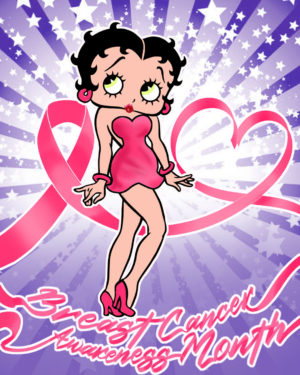 STRONG WOMEN LIFT EACH OTHER UP
STRONG WOMEN LIFT EACH OTHER UP
Welcome back to the Blog everyone. October is a time of change when we welcome shorter days, cooler nights, bountiful harvests, falling leaves, and the anticipation of the upcoming holiday season.
Yet, October is also BREAST CANCER AWARENESS MONTH, a time when we pause and reflect on the wellbeing and health of all the women in our lives.
Breast cancer strikes over 200,000 women every year. Indeed, fourteen years ago I was one of those women, so this cancer is one I take very seriously and very personally. And every year at this time, I invite my co-host, the iconic cartoon character Betty Boop, to join me in delivering this important message on the subject.
Betty Boop is a member of my family-owned business, Fleischer Studios, and with our entire Studio team, Betty has always been a champion of women’s causes and a devoted proponent in raising awareness for the health issues faced by women every day, including breast cancer.
As a survivor, I know that treating and beating this disease is based on many factors. Yet, one of the most important of these is to understand the risk factors associated with this disease and here are 8 of the most important.
GENDER
It’s important to note that breast cancer is an equal opportunity disease. It can affect both women and men. However, it occurs approximately 100 times more often in women than men.
REPRODUCTIVE HISTORY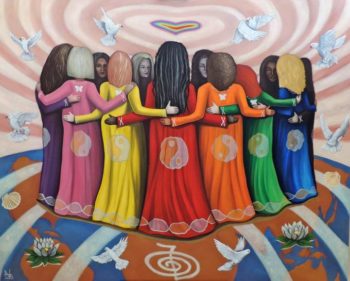
In short, the longer our lifetime cycle of menstruation lasts, the greater our risk for breast cancer becomes. Experts agree that if we experienced our first period at an early age and we experience menopause at a later age, our risk for breast cancer is greater. In addition, women who never had children or who had a child later in life also have an increased risk for this disease.
FAMILY MEDICAL HISTORY
Women who have a first degree relative, which includes a parent, sibling or child who have had breast cancer have an increased risk for developing the disease as well. This is especially true if that relative was diagnosed before the age of 50.
PERSONAL MEDICAL HISTORY
For those of you like me who have already experienced one breast cancer, our risk of developing another breast cancer is greater. And having breast cancer in one breast can indicate a greater risk for developing a future cancer in the other breast.
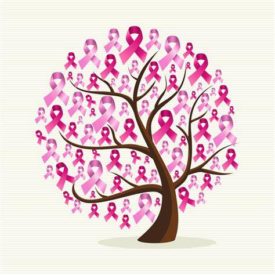 FIBROSIS
FIBROSIS
Now, this condition refers to dense breast tissue. This was my primary risk factor for breast cancer. Not only does it increase our risk for the disease, but it also makes it more difficult for us to diagnose the disease as dense tissue can actually hide a cancerous tumor. And, of course, anything that may hinder early detection is a big risk factor.
AGE
One of the most important factors is that as we age, we become more susceptible to many diseases, including cancer. Typically, breast cancer affects women over the age of 55.
RACE
There are many types of breast cancer. With a few exceptions, most types are more common among Caucasian women than women of other races. However, Black women are more susceptible to developing more advanced and lethal breast cancers.
GENETIC ANOMALY
Most of us are familiar with the BRCA1 and BRCA2 genes. If these genes carry an anomaly, known as a mutation, one’s risk for breast cancer increases significantly. If you have a family history of breast cancer and if you are of Ashkenazi Jewish descent, you may have an anomaly of these genes. If so, your risk for breast cancer not only increases, but also your risk for ovarian cancer.
Now that we are familiar with 8 of the basic risk factors, it’s important to be familiar with the proper preventative procedures as well.
- Mammograms
- Screening Ultrasounds
- Self-exams
- Annual visits with one’s primary physician
In addition, certain lifestyle choices will make an enormous difference in lowering the overall risk for developing breast cancer.
- Proper diet
- Exercise
- Alcohol in moderation
- Eliminating tobacco use
As with all cancers our best defense is a strong offense. First, we do our best to avoid breast cancer and second, we do our best to catch it early.
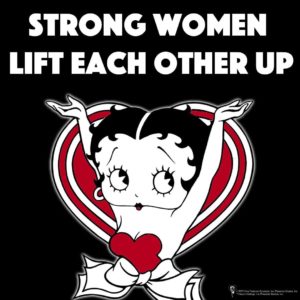 Betty and I can’t thank you enough for joining us today everyone. As women, we are all in this battle together. We honor those we have lost. We support those who are still in the fight. And we stand united in our strength together!
Betty and I can’t thank you enough for joining us today everyone. As women, we are all in this battle together. We honor those we have lost. We support those who are still in the fight. And we stand united in our strength together!
Until next time, please stay safe, stay in GOOD HEALTH and . . .

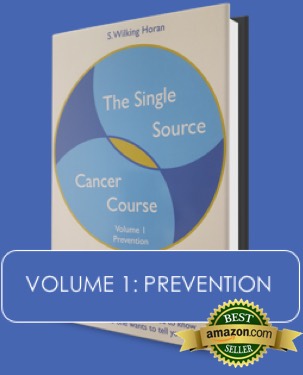
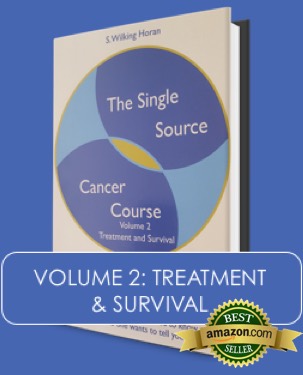
Leave a Comment